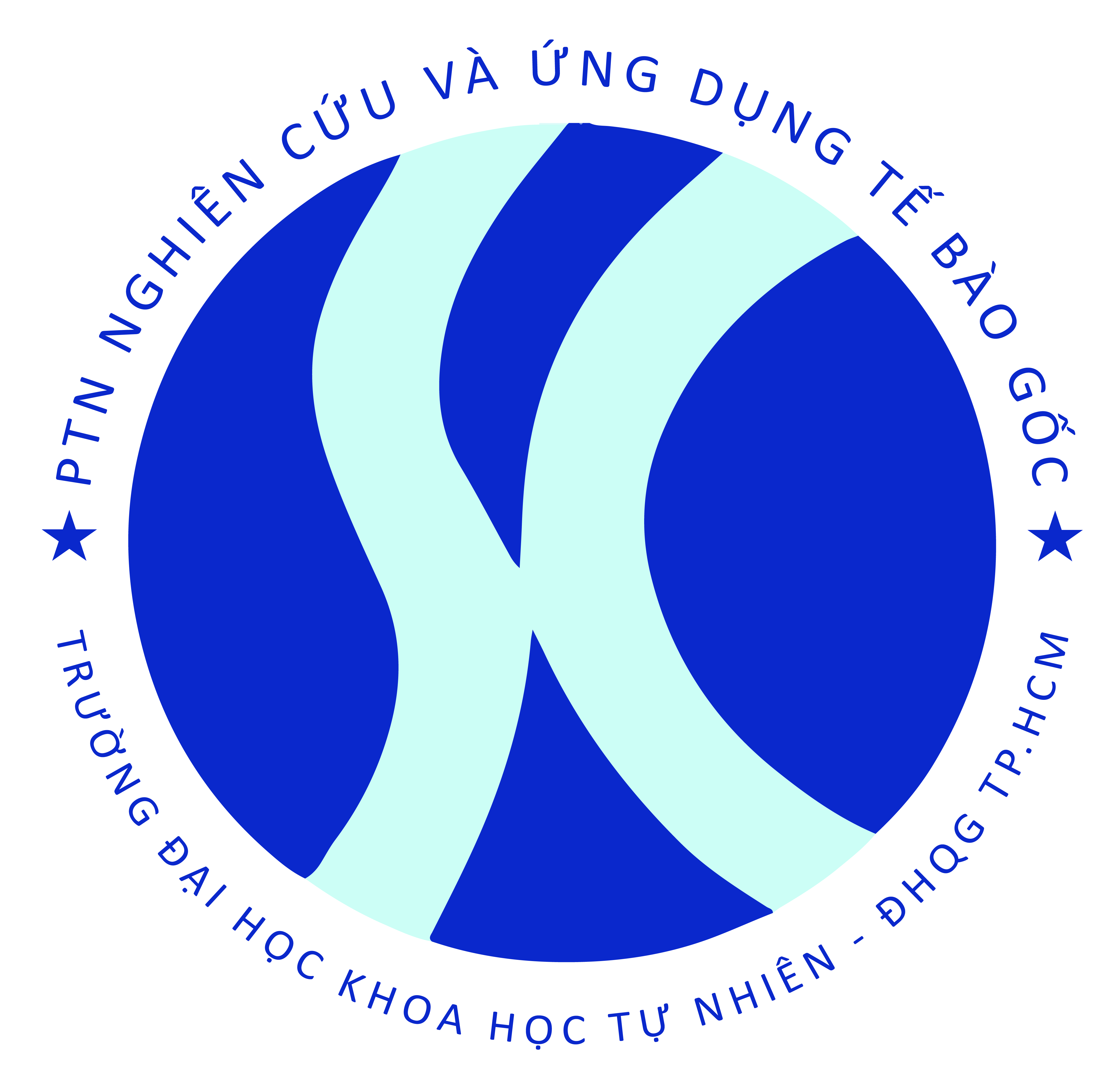Abstract
Ischemia are common conditions related to lack of blood supply to tissues. Depending on the ischemic sites, ischemia can cause different diseases, such as hindlimb ischemia, heart infarction and stroke. This study aims to evaluate how extracellular vesicles (EVs) derived from ETV2 transfected fibroblasts affect endothelial cell proliferation and neovascularization in a murine model of hindlimb ischemia. Human fibroblasts were isolated and cultured under standard conditions and expanded to the 3th passage before use in experiments. Human fibroblasts were transduced with a viral vector containing the ETV2 gene. Transduced cells were selected by puromycin treatment. These cells were further cultured for collection of EVs, which were isolated from culture supernatant. Following co-culture with endothelial cells, EVs were evaluated for their effect on endothelial cell proliferation and were directly injected into ischemic tissues of a murine model of hindlimb ischemia. The results showed that EVs could induce endothelial cell proliferation in vitro and improved neovascularization in a murine model of hindlimb ischemia. Our results suggest that EVs derived from ETV2-transfected fibroblasts can be promising non-cellular products for the regeneration of blood vessels.
Ngày đăng: 04/04/2017
Link: https://link.springer.com/article/10.1007%2Fs10616-017-0095-2

Leave a Reply